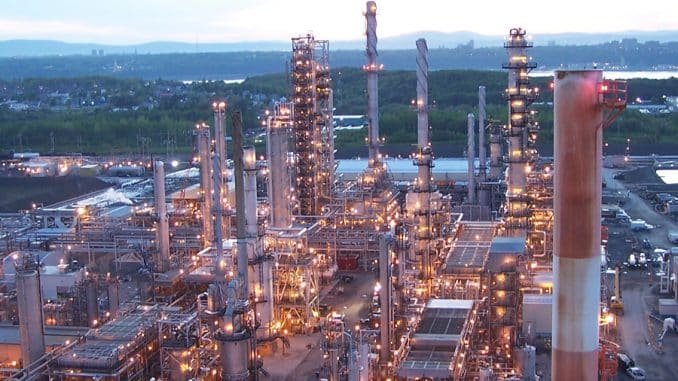COP26 is just days away, and in a bold move, Quebec has announced the ban of all fossil fuel extractions and exploration.
Quebec Premier François Legault announced that the province will “definitively renounce the extraction of hydrocarbons on its territory,” a huge victory for environmentalists.
In a statement, Greenpeace Canada Climate Campaigner Patrick Bonin said that “Closing the door on fossil fuel extraction is a huge victory, made possible by the relentless opposition from citizens to both shale gas and conventional oil and gas exploration.”
He believes that now, “In Canada, and around all the world, the pressure to end the expansion of oil and gas production will only continue to grow.”
The ban has not come without challenges. Three oil and gas companies are suing the Quebec government since their leases were previously approved. Other companies are filing a lawsuit over application rejections.
Quebec is currently the second-largest oil refiner in Canada, followed by Alberta. Greenland, Ireland, and Denmark have also banned fossil fuel exploration.
Quebec’s announcement couldn’t have come at a better time.
With COP26 taking place, and Paris Agreement milestones coming due, many governments and corporations are trying to find ways to reduce their carbon emissions.
Their desire to offset carbon while other technologies become available as certainly led to the rise of the carbon offset industry. The carbon credit industry was valued at $300 million in 2018. It is now at $100 billion and is expected to reach $22 trillion by 2050.
Carbon offsets, strong regulations, and advanced technology all have a part to play in helping the world reach their net-zero goals. If more nations step up as the province of Quebec has, we could all be that much closer.
Let’s hope that Quebec’s announcement inspires others to do the same.

